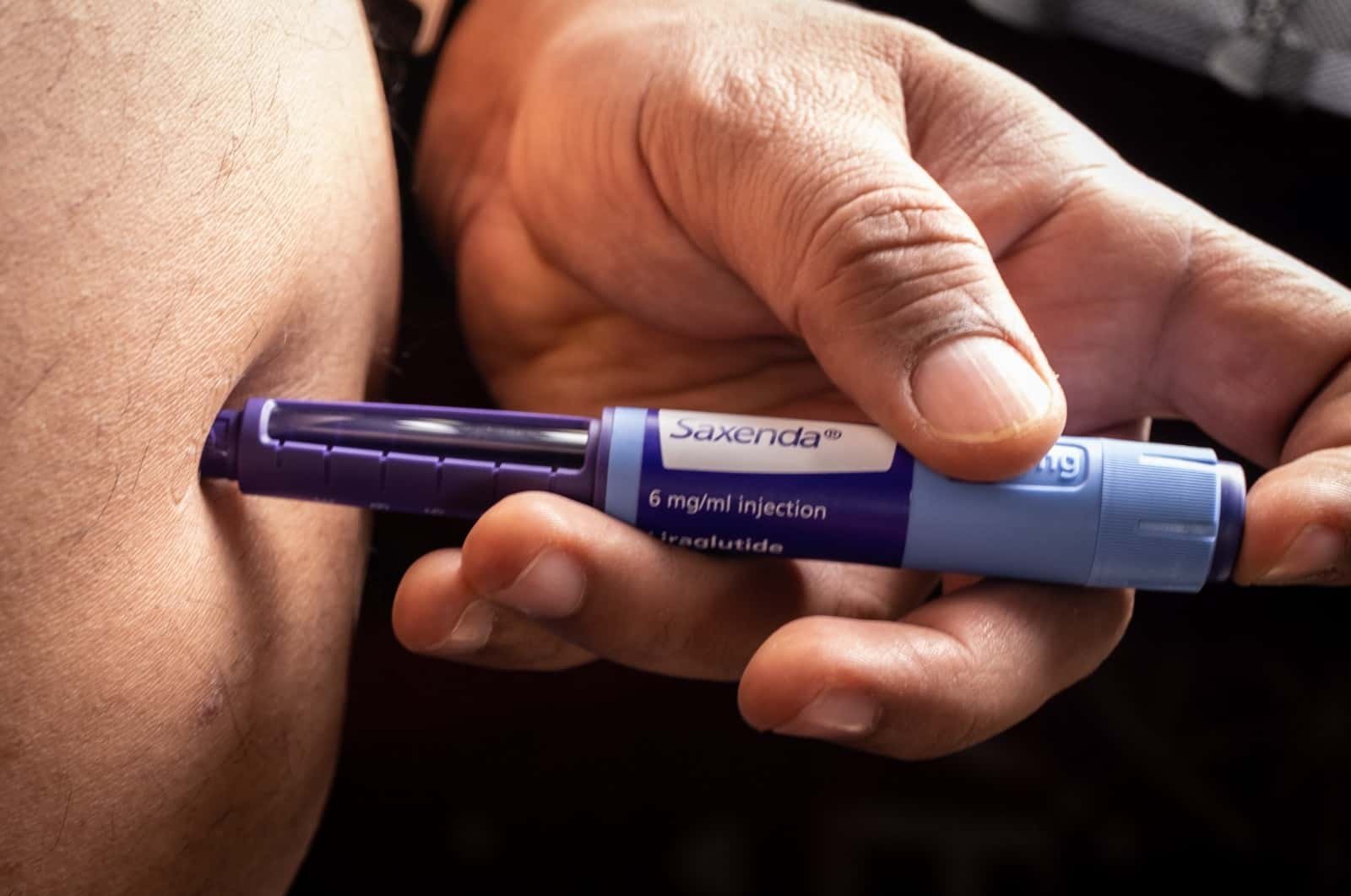Chronic pain is a pervasive issue affecting millions of individuals worldwide, leading to a significant decline in quality of life. As traditional pain management strategies, particularly opioid medications, face scrutiny due to addiction and side effects, alternative therapies are gaining attention. One such alternative is Cannabidiol (CBD), a non-psychoactive compound derived from the cannabis plant. This article explores the role of CBD in chronic pain management, its mechanisms, potential benefits, and considerations for use alongside other medications like Aspadol 100mg.
Understanding CBD and Its Mechanism of Action
- What is CBD?
- CBD is one of over 100 cannabinoids found in the cannabis plant. Unlike THC (tetrahydrocannabinol), CBD does not produce a “high” and is often derived from hemp, which contains low levels of THC.
- How Does CBD Work?
- CBD interacts with the body’s endocannabinoid system (ECS), which plays a crucial role in regulating various physiological processes, including pain sensation, mood, and immune response.
- It is believed that CBD modulates the ECS by influencing cannabinoid receptors, which can help alleviate pain and inflammation.
Potential Benefits of CBD in Chronic Pain Management
- Pain Relief
- Research suggests that CBD may help reduce pain associated with various conditions, including arthritis, multiple sclerosis, fibromyalgia, and neuropathic pain.
- A systematic review indicated that CBD could effectively reduce pain and inflammation, making it a promising option for chronic pain sufferers.
- Anti-Inflammatory Properties
- CBD has been shown to possess anti-inflammatory effects, which can be beneficial for conditions characterized by inflammation, such as arthritis.
- By reducing inflammation, CBD may help alleviate pain and improve overall function in affected individuals.
- Improved Sleep and Reduced Anxiety
- Chronic pain often leads to sleep disturbances and anxiety. CBD may help improve sleep quality and reduce anxiety, indirectly contributing to pain relief.
- Better sleep and reduced anxiety can enhance the overall quality of life for individuals suffering from chronic pain.
Research Findings on CBD and Chronic Pain
- Clinical Studies
- A 2017 review of multiple studies concluded that CBD is effective for chronic neuropathic pain, with many participants reporting significant pain relief.
- Another study published in the Journal of Experimental Medicine found that CBD reduced pain and inflammation in animal models, suggesting potential benefits for human patients.
- Limitations of Current Research
- While the findings are promising, many studies have focused on cannabis as a whole, making it difficult to isolate the effects of CBD alone.
- More rigorous clinical trials are needed to establish definitive conclusions regarding the efficacy and safety of CBD for chronic pain management.
Considerations for Using CBD with Other Medications
- Interactions with Medications
- CBD can interact with various medications, including those metabolized by the liver. It may affect the efficacy of drugs like Aspadol 100mg, which is a combination of paracetamol and tramadol used for pain relief.
- Patients should consult with healthcare providers before starting CBD, especially if they are already taking other medications.
- Potential Side Effects
- While CBD is generally well-tolerated, some individuals may experience side effects such as fatigue, diarrhea, and changes in appetite.
- It is essential to monitor for any adverse effects, particularly when combining CBD with other medications.
Using Aspadol 100mg in Conjunction with CBD
- What is Aspadol 100mg?
- Aspadol is a medication that combines paracetamol and tramadol, providing effective pain relief for moderate to severe pain.
- It works by altering the way the brain and nervous system respond to pain.
- Combining CBD and Aspadol
- Some patients may consider using CBD alongside Aspadol to enhance pain relief. However, it is crucial to approach this combination cautiously.
- Consulting a healthcare professional is vital to ensure that the combination is safe and effective for the individual’s specific pain management needs.
Legal and Regulatory Considerations
- Legality of CBD
- The legal status of CBD varies by region. In many places, CBD derived from hemp with less than 0.3% THC is legal, while cannabis-derived CBD may still be restricted.
- Patients should be aware of local laws regarding CBD use and ensure they are purchasing products from reputable sources.
- FDA Regulations
- The FDA has not approved CBD for the treatment of chronic pain, and most CBD products are not regulated. This lack of regulation can lead to inconsistencies in product quality and labeling.
- Consumers need to choose high-quality CBD products that have undergone third-party testing to ensure safety and efficacy.
Conclusion
CBD presents a promising alternative for managing chronic pain, particularly as the medical community seeks safer options amid the opioid crisis. While research supports its potential benefits, further studies are necessary to fully understand its efficacy and safety. Patients considering CBD for pain management should consult healthcare professionals, especially when using it in conjunction with medications like Aspadol 100mg. As the landscape of pain management evolves, CBD may play a significant role in providing relief for those suffering from chronic pain conditions.
















Leave a Reply